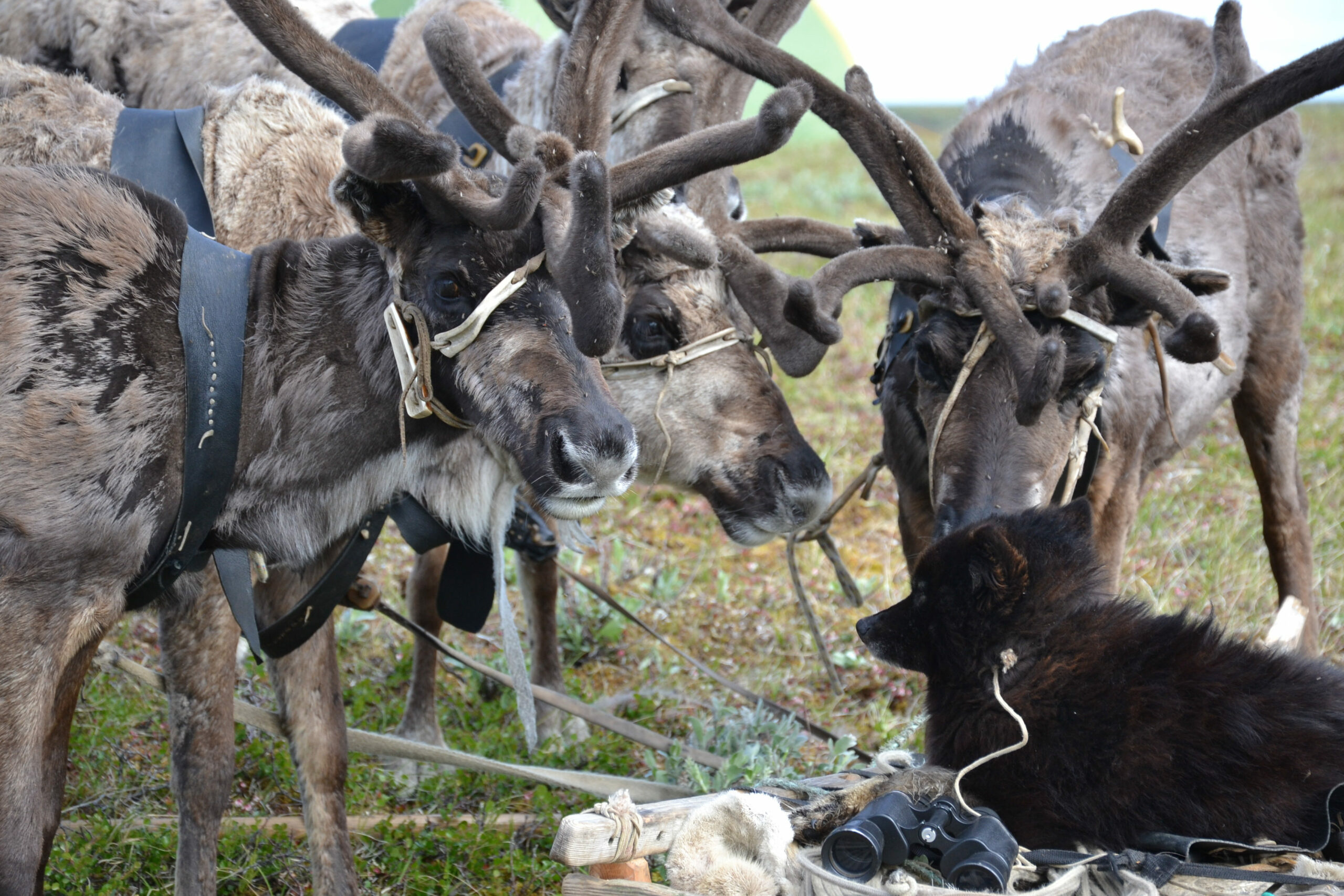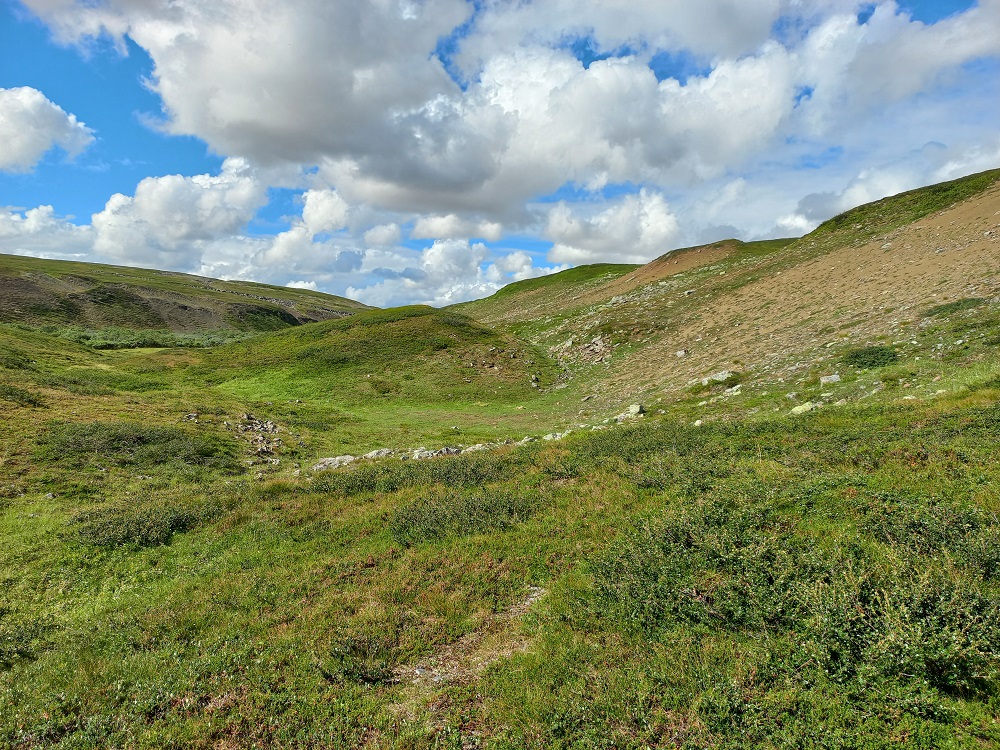Introduction & Objectives
Characterized by harsh climatic conditions, tundra ecosystems offer a delicate interplay between vegetation, such as lichens, mosses, and dwarf shrubs, and keystone species like reindeer or arctic foxes. In the Arctic, indigenous peoples and local communities depend upon and shape the tundra biome through traditional forms of management such as fishing, hunting and reindeer herding.
However, tundra ecosystems are currently facing major challenges due to the accelerated impacts of climate change, with the Poles warming faster than other parts of the earth. This, coupled with biodiversity loss, could have far-reaching implications for ecosystem functions and services. Anthropogenic pressures have also become increasingly evident, with expanding infrastructure such as wind farms,petroleum industry, large mining projects, tourist resorts, and related network expansion fragmenting the tundra environment, increasing the vulnerability of these valuable ecosystems and threatening the traditional livelihoods of locals.
Objective
The objective of this working group is to set a platform for knowledge sharing and co-production, with a strong focus on drawing attention to tundra ecosystems. Three key objectives drive the activities of the Tundras BWG:
- Developing and standardizing methodological approaches able to capture the complexity of tundra ecosystem condition and services.
- Advocating for tundra socio-ecological perspectives through transdisciplinary research.
- Creating an open forum for collaborations, workshops, and joint publications.
Lead Team & Members
If you are interested in becoming a member of this working group or joining the lead team, please contact the current lead team members. If you don’t hear back from the lead team, please contact the secretariat at [email protected].
More Information
Conference outputs:
2025 ESP11 World Conference: Harnessing local practices to tackle global challenges in high-latitude and high-altitude ecosystems Book of Abstracts


